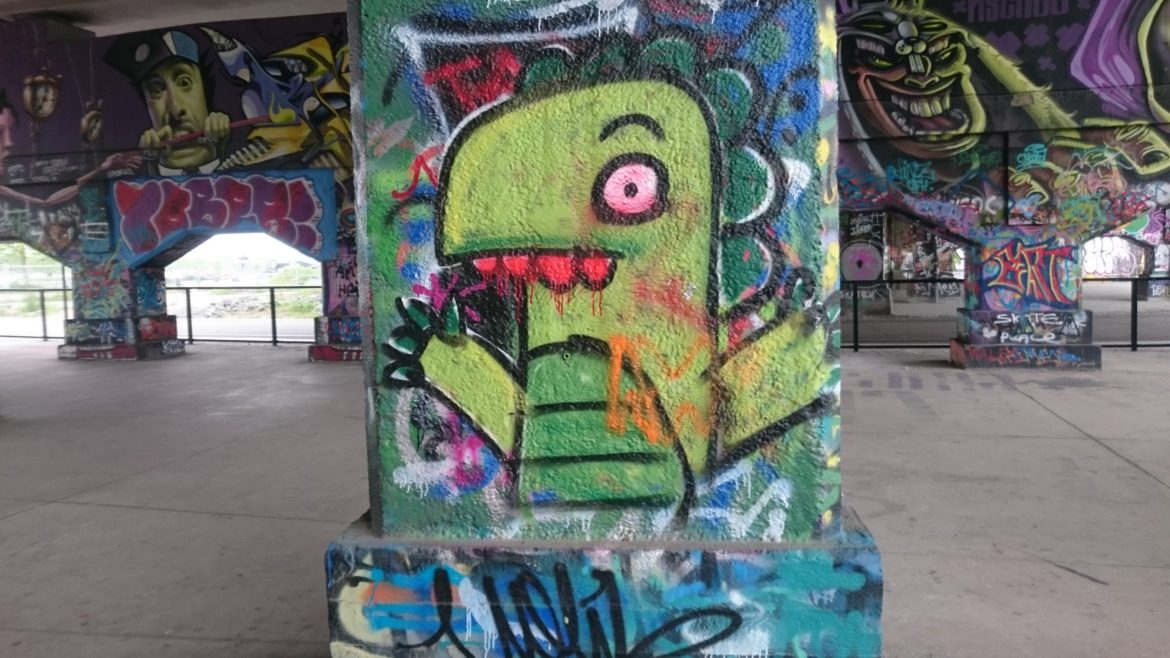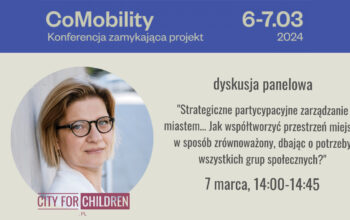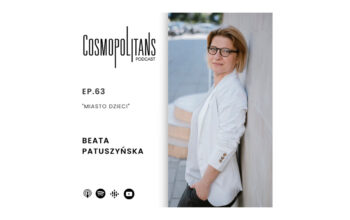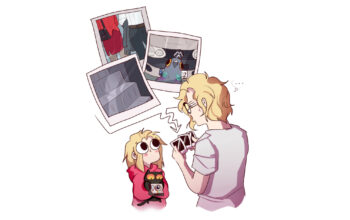Love, relations and a bit of play in a city
I have learnt to adapt. While moving on fixed routes around Warsaw I know how to switch off: I have big headphones with my favourite music for the route from work to home and e-book on my phone in case of longer trips on public transport. Sometimes, when I want a little change, I chose interaction with other people. Yet, my children exist here and now and they need to feed their need of being active here and now.
That is why cities, in order to be really sustainable need to encourage play. That was a conclusion of both my last article on Linkedin and presentation during Child in the sustainable city seminar in Antwerp. It was also repeated during conference presentations, especially in the context of smart city and technology.
Sara Candiracci, Associate Director of Arup International Development during the session ‘Placemaking and co-creation’ pointed out that intelligent cities are too effective and too boring for kids, who need play and freedom in a good quality space. Maja Simoneti of Slovenian Institute for Spatial Policies (IPoP) in a discussion after “Inclusion and participation of children and youth” session, during which I presented my project, pointed out that what children really need is not advanced technology, but friends, space, nature and play without their parents’ control. I agree in 100% (although I must admit my children have much closer relation with technology than me – even though I use it more often).
While talking of intelligent solutions we often forget that technology is merely a tool. We can achieve really smart results using simple, more conventional tools too. For me the only requirement is that they are truly user friendly. I believe that instead of inventing a state-of-art technology sometimes it is enough to move a glass from left to the right side of the table (by the way – children are the best in finding such solutions – if anybody has any doubts watch one of films of Mikael Colville-Andersen).
Anton Nijholt of Twente University,during his presentation „Playable Cities… for Children?” showed piano stairs – a project which was created within the framework of The Fun Theory campaign. It reminded me on another project, also meant to change people’s habits by making things fun – namely Dirty Data’s hopscotch experiment.
While engaging passer-byes and making attempt to change people’s habits one can use technology and invent a project like piano stairs, while others will go for an analogue solution and observe what would happen. However, as Anton pointed out – such activities, including a project Playable City, which was started in Bristol engage mainly grown-ups, while urban space needs also projects for children.
The spirit of those conversations was probably met the most closely by Tullio Ponzi, Executive Secretary of Urban Innovation in City of Recife in Brazil, who was talking of Mais Vida nos Morros project. He started his speech from emphasising that his project was about love and relations, not an intelligent city. Because when children play outside, there is the whole family with them and this results in better quality of the area and safety.




